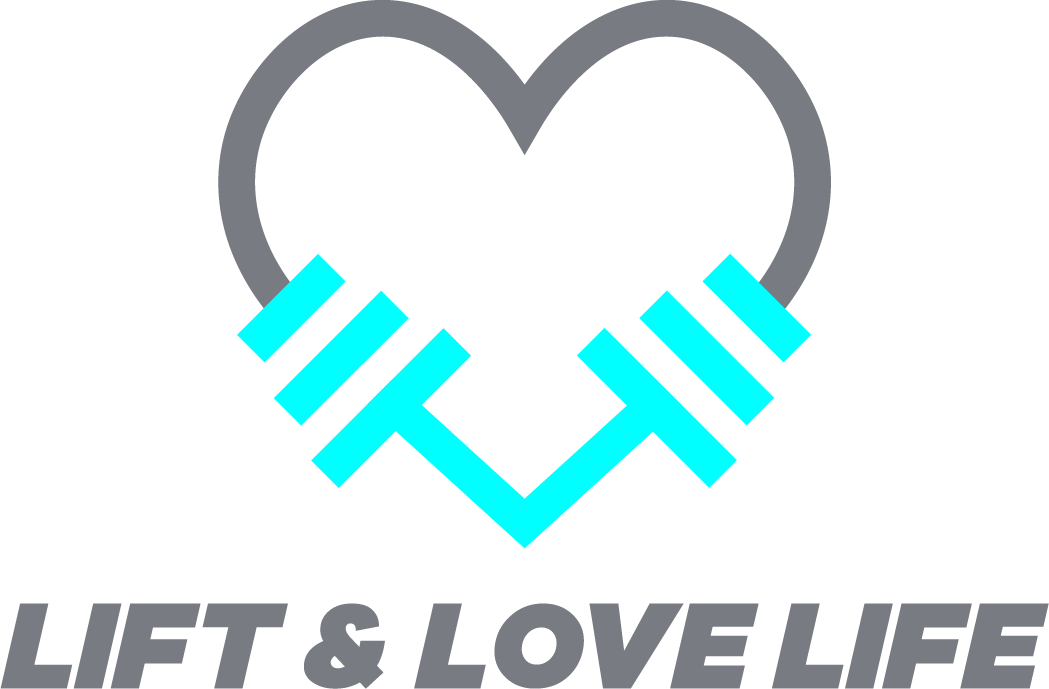Coconut has become one of my favorites. It has so many uses, it's kind of like duct tape. I always buy several jars at a time, so I never run out completely. Below I’ve listed my main uses, and the benefits of it, for you guys, but feel free to comment below if you have uses you think other readers might find useful.
Eat it.
Assuming you don't already have a heart condition, coconut oil can actually have heart health benefits. Any recipe calling for vegetable oil can be replaced with coconut oil. It has a high heat tolerance, so it’s great for stir-frying. It’s also great for baking, or as a dairy-free replacement to butter.
You can take it as a supplement for daily energy.
Add to your coffee as a dairy-free creamer.
It’s high Lauric acid and MCFA content helps boost metabolism and to utilize fat for fuel, it can help improve cholesterol ratios and insulin levels, it’s an immediate source of energy when eaten and isn’t stored as fat, it improves brain function, and it has been shown to increase absorption of calcium and magnesium.
Body lotion and facial moisturizer.
Rub coconut oil into the skin as a basic lotion. It actually helps to increase sun tolerance and avoid burning, and it has a naturally occurring SPF of 4. It can help prevent stretch marks during pregnancy, help skin heal faster after injury or infection, and relieve sun burns, poison oak, and bug bites.
As a facial moisturizer it can help reduce the signs of aging, heal acne, and can lighten age spots. I use a facial moisturizer with a higher SPF during the day, and the coconut oil at night as a deep moisturizer.
It also works to protect a baby's bum from diaper rash, by creating a protective barrier.
Eye-makeup remover.
Place a couple drops on a cotton ball and rub onto eye lids. It will help break up the makeup so you can then wash your face without adding the harmful chemicals of store-bought eye-makeup remover.
Oil pulling.
It’s weird, but it works. The whole idea is that the oil is able to cut through plaque and remove toxins without disturbing the teeth or gums.
Take 1-2 Tbs and swish in mouth for 20 minutes. No more, and no less. (I usually do it when I’m in the shower). Spit oil (and toxins) into the garbage, rinse mouth with warm water, and then brush teeth.
Your hair.
Put a tiny dab in your hands, rub together, and smooth through hair. It will help get rid of friz and prevent split ends. You can also use it as an incredibly intensive natural conditioner. Rub it into dry hair, put a shower cap on, leave for several hours, and then shampoo and condition as normal.
XOXO -
JULES




